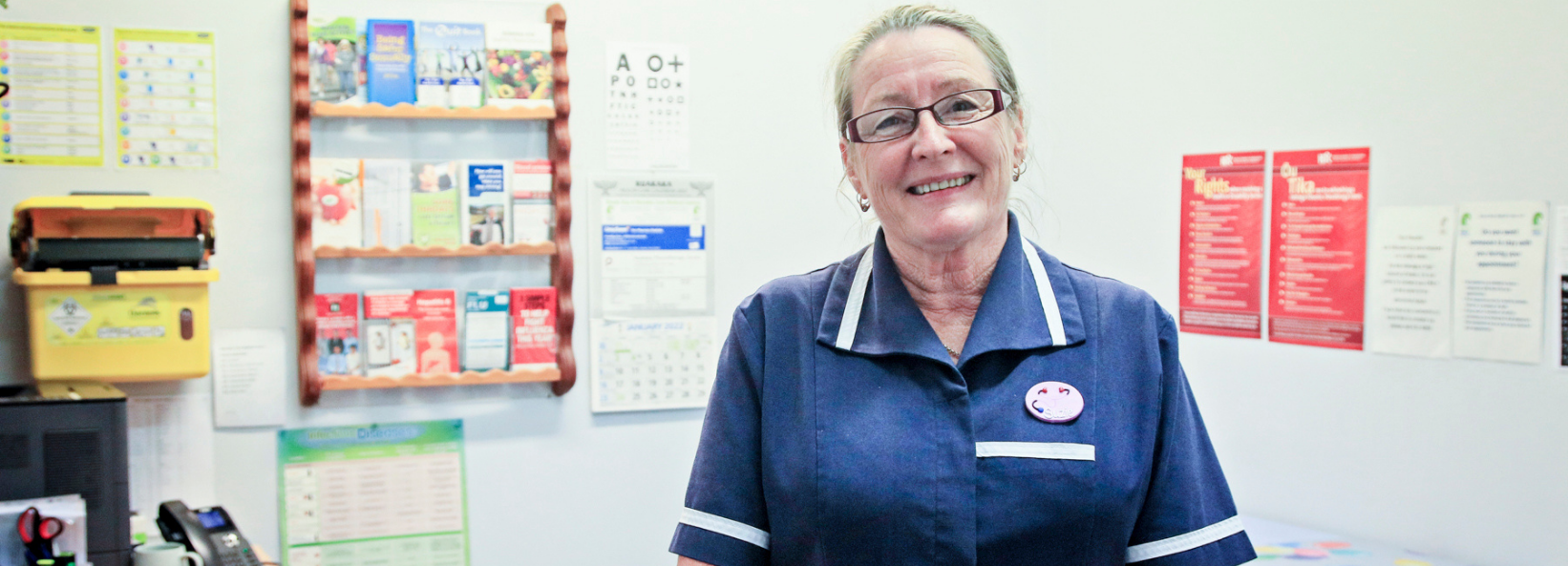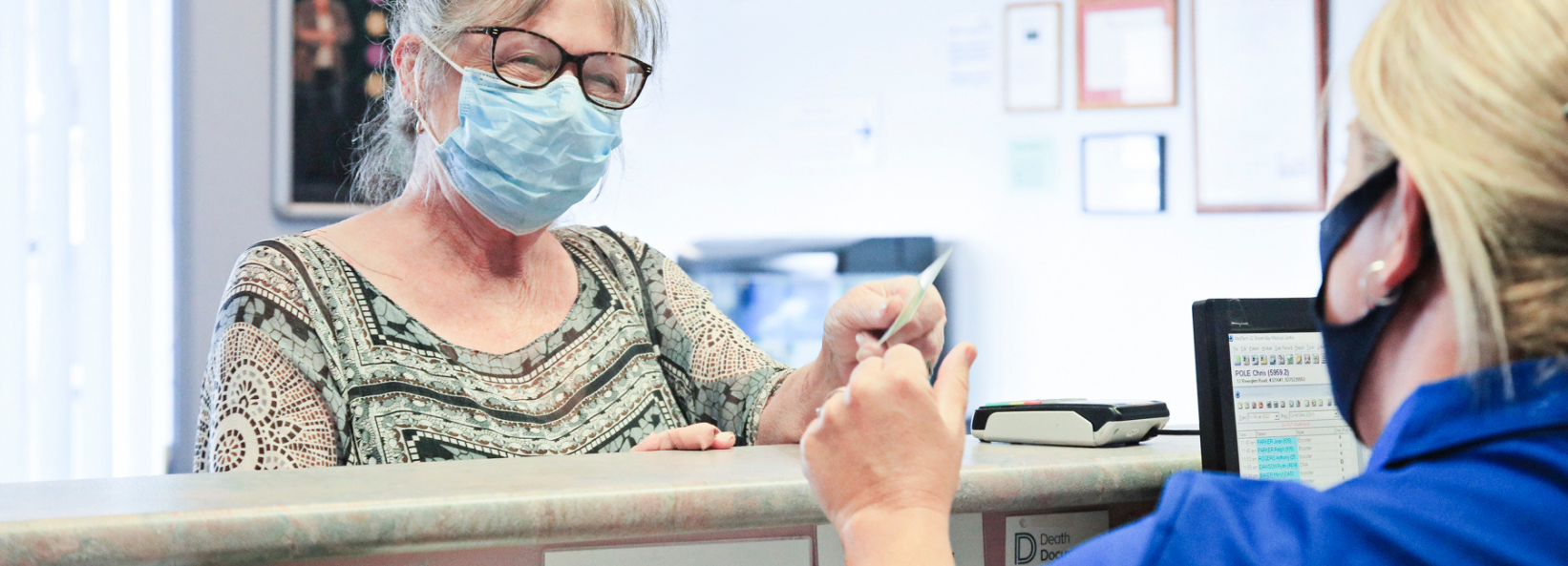What to Expect From Your General Practice
General practices are located in the community and are usually your first point of call when you feel unwell or have an accident.
A General Practice may be called a Medical Centre, Family Doctor, Family Health Centre or GP Surgery. Other health professionals like practice nurses, psychologists and midwives are often based there, as well as doctors. If appropriate, you may be seen by a nurse working in general practice, rather than a doctor, when you visit your General Practice.
Your General Practice is where most consultations and referrals start and where most treatment takes place. General Practices offer a range of services. You can check what services different practices provide, and search for practices that offer the services you need, on HealthPoint.
If you need help from specialist services, your General Practioner can refer you to someone who can provide the support you need.
Fees
Once you’ve enrolled, your general practice will receive funding for you from the government to help lower the cost of care. Most practices operate as independent businesses and set their own fees for co-payments for consultations and other services. The amount a General Practice charges as a co-payment can vary between practices but are restricted and cannot exceed a set amount.
If you need to make a casual visit to another practice (for example, if you are away from your home area), and you do not hold a Community Services Card (CSC) or a High Use Health Card, you may be charged the full fee as a casual patient. If you are a CSC holder and visit a practice where you are not enrolled, you will be charged at the regular casual rate. Some practices have introduced a casual rate for CSC holders which is lower than the normal casual rate. You will need to check the fees with the practice. Some practices list their fees on HealthPoint.

Get to know your General Practice team
Most services at a general practice are provided by health practitioners such as general practitioners (GPs) and nurses working within a general practice team. A GP is your family doctor and they assess, diagnose and treat people in the community. They work with people of all ages and have a broad range of medical knowledge on different health conditions. A GP can help with:
- prescribing and administering medicines
- performing minor surgery
- referring patients to other health professionals and working with them to look after patients
- assessing, diagnosing and treating people in the community
- providing treatment and health advice on long-term conditions.
Nurse practitioners, registered nurses and enrolled nurses practise in general practice at a level in keeping with their education and training. If appropriate, you may be seen by a primary care nurse working in general practice, rather than a GP. Nurses have many roles and can help with many tasks. These may include:
- measuring temperature, blood pressure and other vital signs
- giving medicines and vaccines to people
- caring for people and supporting them
- communicating with doctors and other members of the healthcare team about patients care
- monitoring patients’ conditions and recording changes
- assessing, treating and supporting patients
- performing blood tests and other investigations
- providing advice and educating people on how to manage their conditions.
Your general practice team may also include other types of healthcare professionals, such as health improvement practitioners (HIPs) and health coaches. HIPs and health coaches offer mental health and addiction support. You can find more information about the GPs, nurses and other health professionals at your practice on the HealthPoint website.
Telehealth
Your general practice may offer you a telehealth consultation. Telehealth, or virtual healthcare, provides a way of having an appointment with your doctor, nurse, or other healthcare provider without being in the same place. It’s sometimes called an e-consultation or a video consult.
Telehealth involves having a video call where you see your healthcare provider and talk about your condition via a video link rather than in a face-to-face appointment in the same room.
Some of the benefits include:
- removing the risk of catching or spreading germs
- reducing time and costs involved with traveling to an appointment
- not having to leave the house when you are feeling unwell.
To find out more about telehealth consultations and how to prepare, download Preparing For Your Video Consult.
Find a GP
Find a General Practice near you
